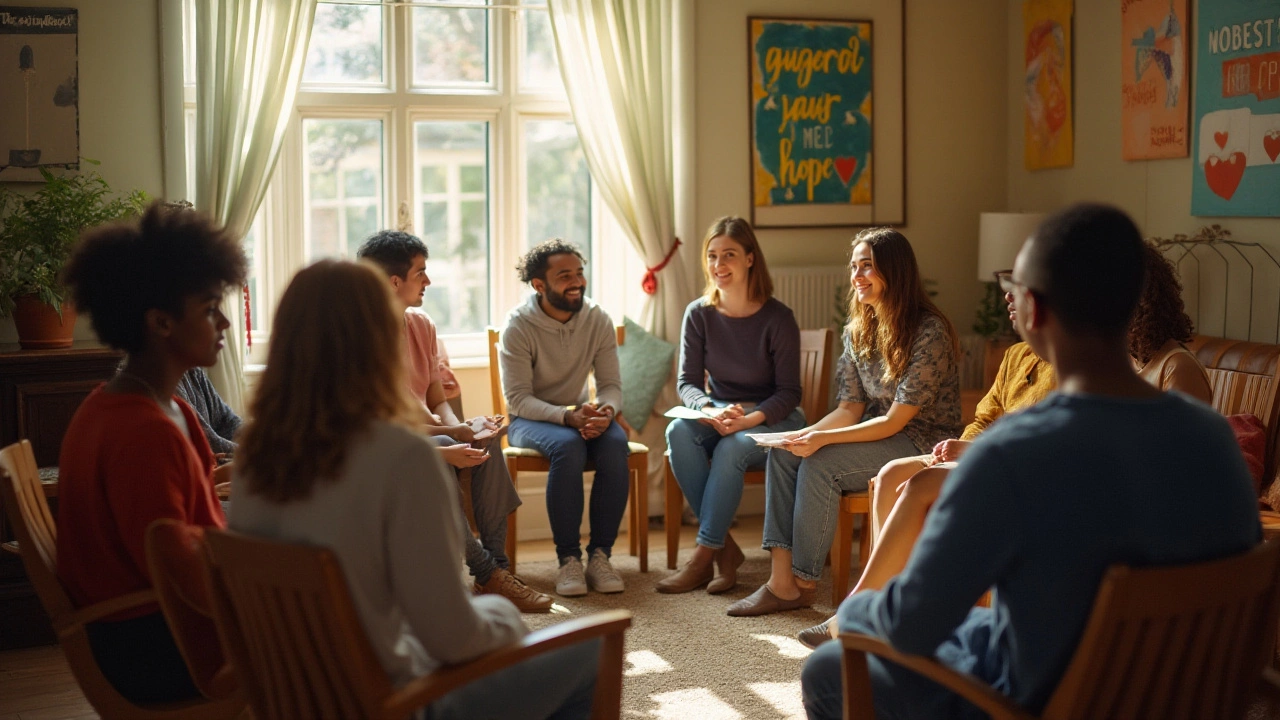Rare Mental Health Conditions and Community Support
Rare mental health issues affect far fewer people than anxiety or depression, but they can be just as tough to manage. Because they’re uncommon, many folks aren’t aware of the signs or where to turn for help. That can leave families feeling isolated and confused. The good news is that a caring community – including your local church – can make a big difference.
Spotting the Signs of Rare Mental Health Issues
Unlike more common conditions, rare mental health disorders often show up with unusual symptoms. You might notice sudden changes in mood that don’t fit everyday stress, odd thoughts that seem fixed, or behavior that looks like a personality shift. For example, people with rare conditions like Capgras syndrome may believe loved ones are imposters, while those with Cotard’s syndrome might think they are dead or don’t exist.
Because these symptoms can look like something else, it’s easy to miss them. Keep an eye on patterns that last weeks or months, not just a bad day. Ask simple questions: "Are you feeling different for a long time?" "Do you have thoughts that feel out of control?" If the answer is yes, encourage a professional assessment.
How Faith Communities Can Offer Real Help
Churches and other faith groups are natural places for connection. Holy Family Catholic Church in Patchway, for instance, runs outreach programs that welcome anyone dealing with mental health struggles. They provide a listening ear, prayer support, and practical help like transport to appointments.
Joining a small group can reduce loneliness. Sharing experiences with people who care creates a safe space where stigma fades. Many churches also partner with mental health charities, offering workshops that teach coping skills and how to access therapy.
If you or someone you love is dealing with a rare condition, start by talking to a trusted priest or community leader. They can guide you to local specialists, recommend helplines, or arrange a home visit. Remember, asking for help isn’t a sign of weakness – it’s a step toward recovery.
Practical steps you can take right now:
- Write down any symptoms you’ve noticed and how long they’ve lasted.
- Schedule a meeting with your GP or a mental health professional.
- Reach out to a church outreach coordinator for emotional and logistical support.
- Look for local support groups that focus on rare mental health conditions.
Every small action adds up. By staying informed, talking openly, and leaning on community resources, you can navigate rare mental health challenges with confidence and hope.

Exploring Unique Mental Health Charities and Their Impact
In today’s world, rare mental health charities are gaining recognition for their distinctive approaches to supporting mental wellness. These charities often focus on niche areas that larger organizations may overlook, offering specialized help where it is needed most. Understanding these unique charities can inspire communities to create inclusive support networks. This exploration reveals the significance and strategies of such organizations in making a difference.
Read More




